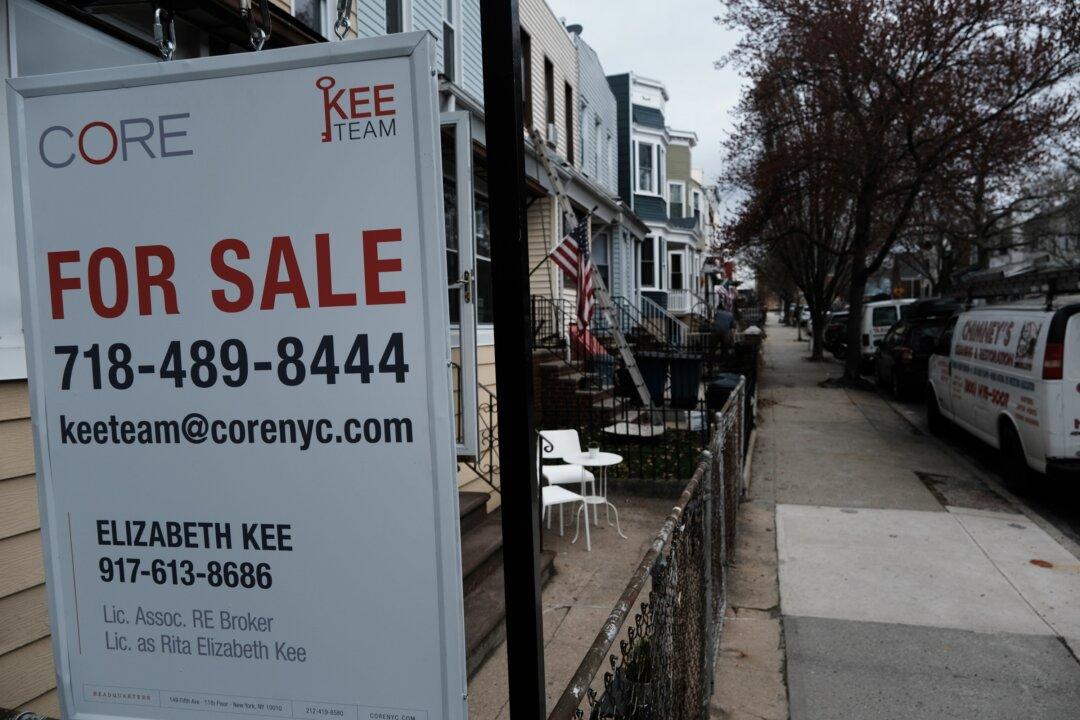Fitch Ratings said Friday that the outlook for state and local governments was “deteriorating” and an expected recession could put pressure on state and local governments to raise property taxes.
“Local governments may face slowed growth or possibly contraction in tax revenues associated with real property valuations, which may trigger expenditure controls or revenue-raising measures to preserve budgetary stability,” Fitch Ratings Senior Director Michael Rinaldi said.





